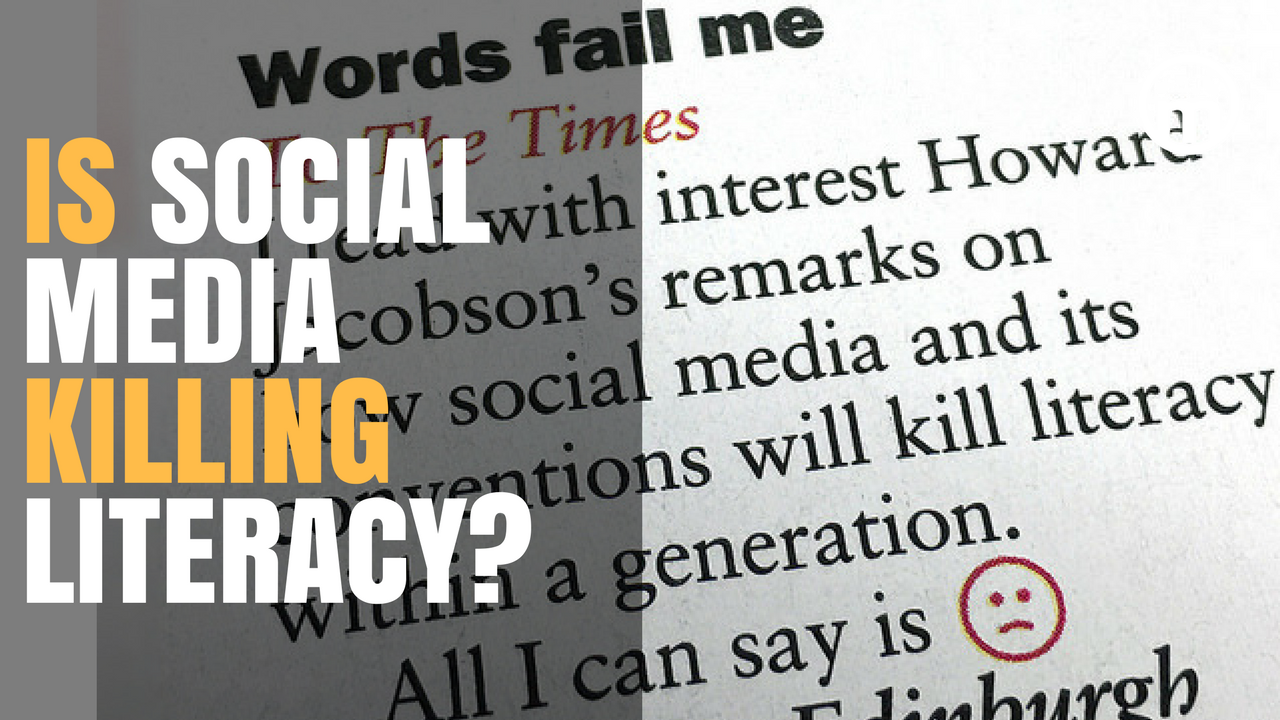It may even mean that we don't need to rely upon emoji's either, because we'll have more characters to allow us to express ourselves in more meaningful words.
But as someone who is cursed with a brain annoyingly attuned to spotting spelling mistakes, the incorrect use of 'are' instead of 'our', the common mistake of 'there, their or they're' and the constantly infuriating 'would of' instead of 'would have', I have to wonder whether allowing more characters actually solves what Jack Dorsey and his team at Twitter think is the perceived problem? Initially Twitter devised the 140 character 'tweet' to fit within the standardised SMS messaging size of 160 characters, whilst still allowing it to be directed to an @username. But as time has gone by and our technology has evolved, the mobile phone limitation has lifted. So in some respect, it makes sense for the tweet limit to also increase. Except, for me, the succinct style of a 140 character message is perhaps the one thing that makes Twitter unique amongst it's peer platforms. It's also to my mind, lower down the list of functionality improvements I'd like to see from them. However, back to the image in question. Yes, beyond any doubt in my mind, literacy is incredibly important. The ability to craft words into something understandable and meaningful remains one of the most powerful skills I believe any person can learn and develop. But we know that language must evolve, as it has done since humanity first discovered it's voice. Is an emoji any less evocative than a well constructed sentence? It strikes me, that just like all written communication before it, tweets, emojis and texts are only as powerful as the person reading them, feels them to be. There's also an argument that perhaps they've given a voice to those less articulate in their choice of words. You see, for me, communication is a very basic human need. We need to be able to listen, to hear and read just as much as we feel the need to express ourselves and be understood by others. Literacy remains important, but how we choose to express ourselves may be even more so. It's very easy to assume that anything we write on platforms like Facebook or Twitter are fired off into the ether, without any consequence. To assume that words mean nothing or have no power. But we know that's simply not the case. Words do have immense power, if we allow them too. I'm reminded of the segment on Jimmy Kimmel Live entitled 'Mean Tweets'. If you're not familiar with the show, (you can find it on YouTube) it encourages celebrities, athletes and musicians to read a selection of disparaging tweets that the general public have written about them. Whilst essentially light-hearted humour, it is very easy to see how throwaway observations that we may have considered funny ourselves, when viewed in a wider context or read aloud by the person themselves may have a different response than we'd anticipated. Perhaps we should be more concerned with exercising our ability to rationalise, filter and edit our posts before hitting the 'publish' or 'tweet' button, before we worry about the spelling, grammar and literacy issue? As ever, we need to consider what we're saying, how we're saying it and where it's being said on social media. As I keep trying to remind my children, whether said in anger, hurt or celebration, only we are responsible for the words that leave our mouths. We're equally responsible for the words that leave our fingers through our laptops and mobile phones.
0 Comments
Leave a Reply. |
Archives
October 2023
|


 RSS Feed
RSS Feed
